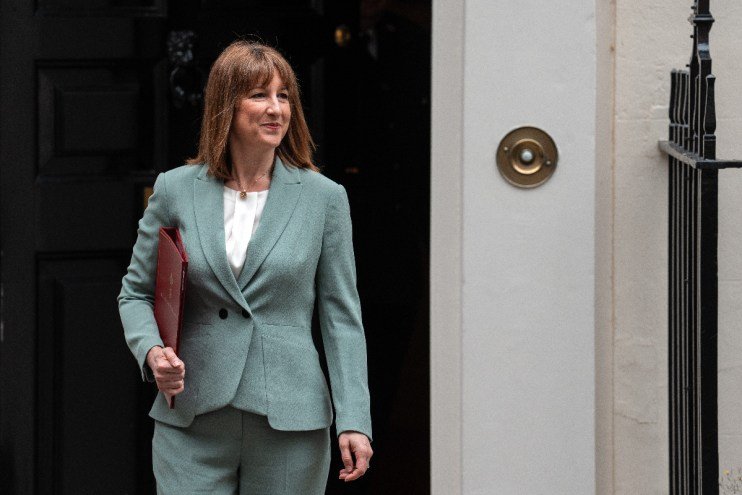Rachel Reeves has placed her political credibility on the promise of accelerating UK economic growth. However, recent data from the Office for National Statistics (ONS) highlights the challenges facing the Chancellor as she pushes forward her economic agenda.
According to unrevised figures from the ONS, the UK economy grew by 0.7 per cent in the first quarter of the year. This growth was driven by a 1.3 per cent increase in the production sector, with services and construction rising by 0.7 per cent and 0.3 per cent respectively. Despite these positive figures, real disposable income per person declined by one per cent, a sharp revision from the previously estimated 1.8 per cent increase in the final quarter of last year.
The ONS noted that February and March showed stronger-than-expected growth. However, that momentum was lost in April when the economy contracted by 0.3 per cent — triple the decline forecasted by analysts. The downturn coincided with Rachel Reeves’ implementation of significant tax hikes in April, as well as growing concerns over potential U.S. tariffs under a possible second Trump presidency.
Reeves’ £20 billion tax increase on employers, introduced in the Autumn Budget, has drawn criticism from economists who argue it added strain on businesses by raising operational costs and reducing profits. These measures, intended to support fiscal responsibility, now risk undermining the very growth Reeves has vowed to deliver.

Chancellor Rachel Reeves pictured in her official suit, reflecting her leadership role in UK economic policy.
RSM UK’s chief economist, Thomas Pugh, questioned whether recent weakness in retail sales and employment signals a short-term shock from new policies or the beginning of a broader economic slowdown. In May, retail sales saw their sharpest fall in 18 months, plunging by 2.7 per cent — far worse than the 0.5 per cent drop predicted by analysts.
Both the Office for Budget Responsibility and the Bank of England now forecast UK growth to remain at one per cent for the year. The Bank has cautioned that the strong Q1 performance may be misleading due to volatile manufacturing data.
ALSO READ: Zimbabwe Shines as Miss Asia Pacific Pageant Promotes National Heritage
Economist Ruth Gregory warned that the underlying momentum in the economy remains fragile. “While GDP growth was unrevised at 0.7 per cent for Q1, the broader picture shows limited progress,” she said. The fall in the household savings rate — from 12 per cent in Q4 to 10.9 per cent in Q1 — could hint at stronger consumer spending ahead, but it is not enough to significantly alter forecasts.
Rachel Reeves has pledged to drive economic growth “further and faster” through reforms in planning, energy, and financial services. Her upcoming strategy for the financial sector aims to harness its potential to power the UK’s prosperity. Yet, the effectiveness of her approach is being called into question as her policies begin to bite into household and business finances.


